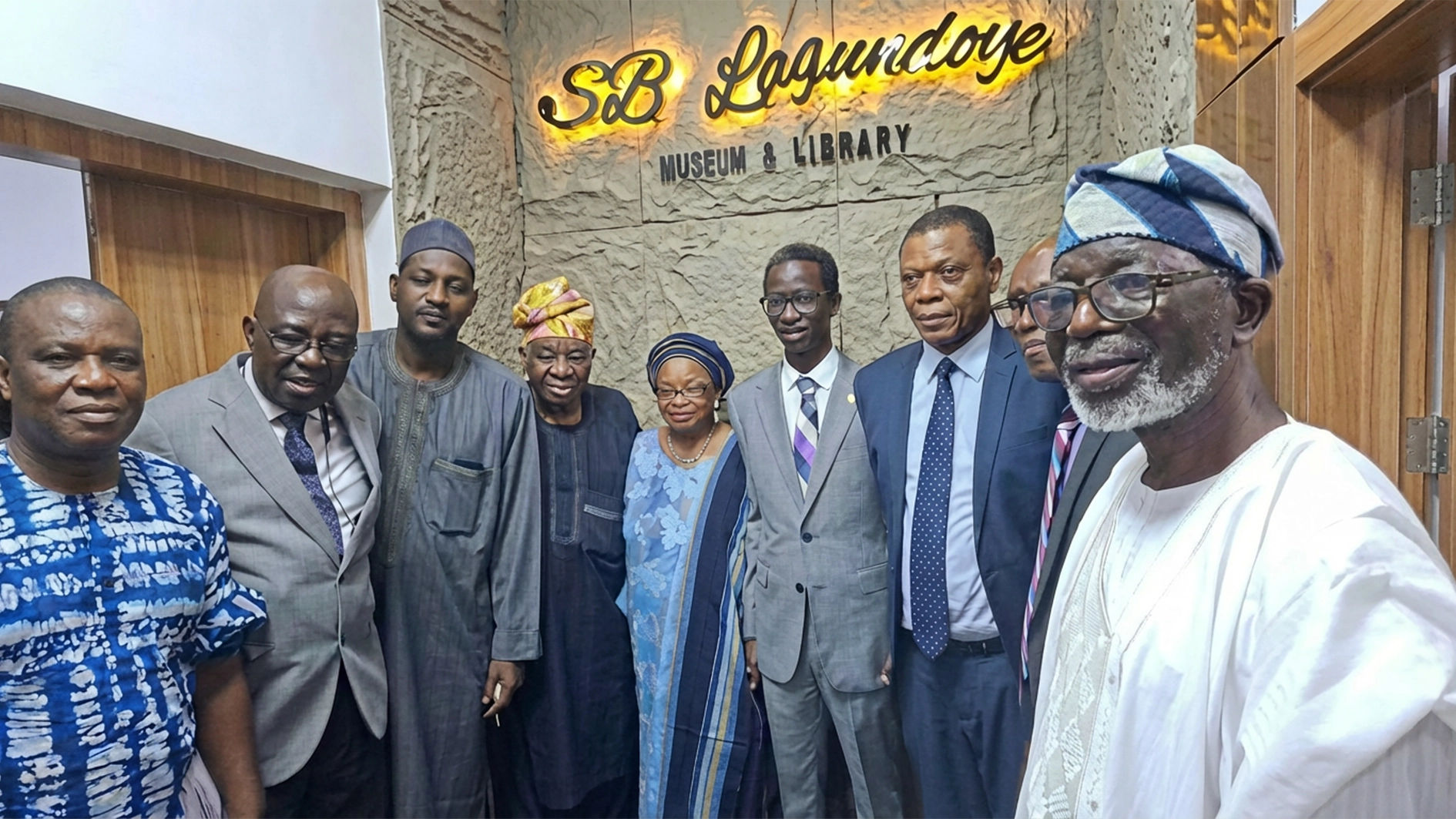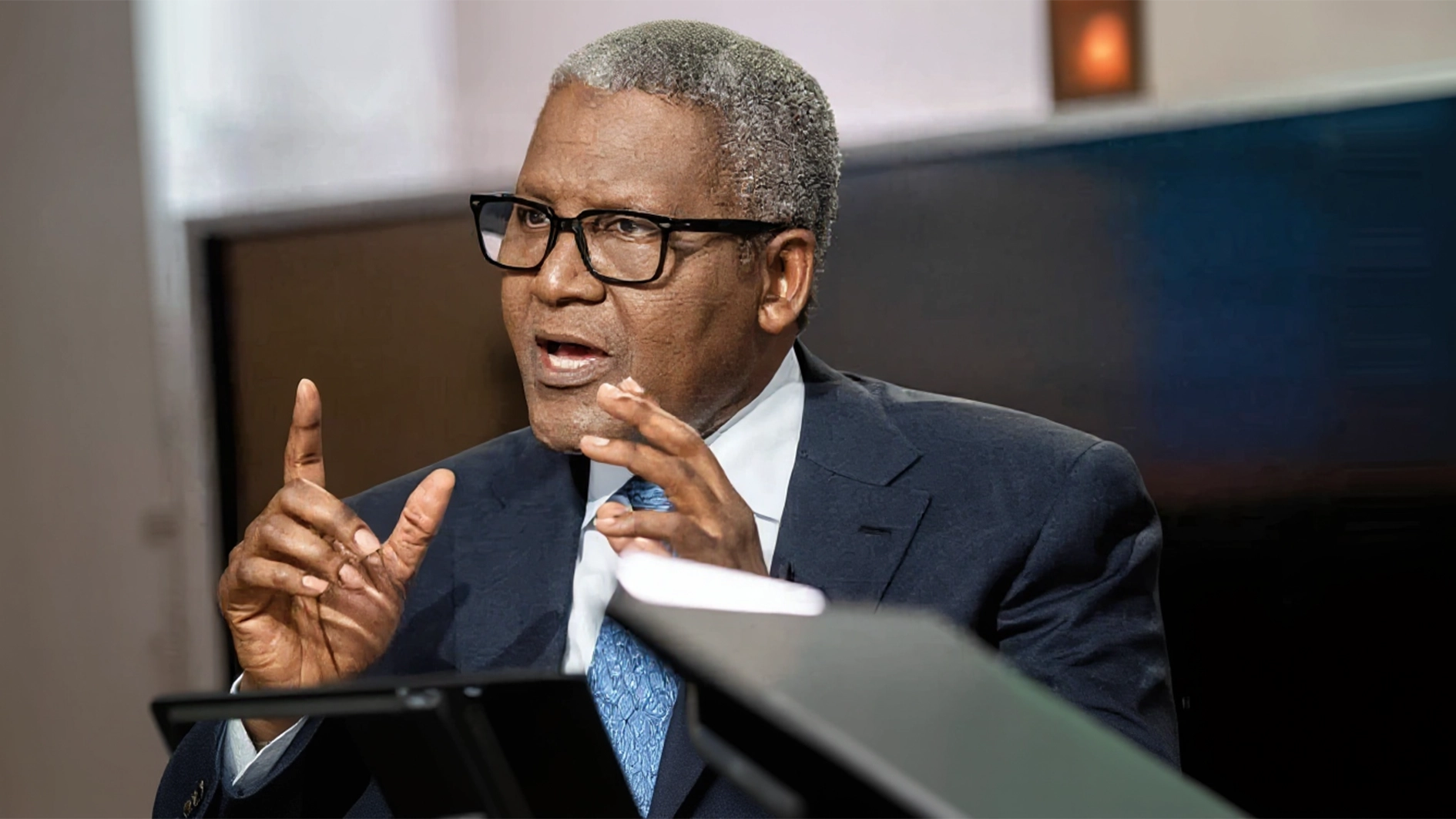
The seasoned educationist, who at different times in her career as a principal, Bells Comprehensive Secondary School, Ota; Atlantic Hall, Epe and Trinity College, Ofada; noted that children get the best educational experience when the population is manageable, facilities are purpose-built and workers passionately discharge their duties.
The lady, who is currently the executive director of Vine Crest College, Iperu-Remo, Ogun State, in this interview with IYABO LAWAL, said despite its 35-acre landmass, she will be contented with having 450 pupils to allow for proper monitoring, check bullying and other vices.
Can you share briefly your education and career background?
I attended the University of Ife (now Obafemi Awolowo University) from 1975 to 1979. I studied Education Science. Then, I attended the University of Lagos, where I had my master’s degree in Educational Administration and Planning in 1988. Since 1979, when I had my first degree, I have been teaching. I taught at Queen Amina College, Kaduna, where I served as a corps member; then I joined the Oyo State Teaching Service Commission. I was there from 1980 to 1981. I moved to Lagos after I got married. I joined the Lagos State Teaching Service Commission. I was at Igbobi Girls, Yaba from 1981 to 1990.
I was in Lagos State till 1990, when I joined the private education sector. At the time, private primary schools were just starting. So, I joined the Bells Comprehensive Secondary School, Ota, as a pioneer staff: The pioneer vice principal. I actually received the first set of students into the school. They were five. I was at the Bells from January 1991 to April 1994, when I moved on to become Principal of Atlantic Hall Maryland, Lagos. I was there from April 1994 to July 2000, specifically. I left Atlantic Hall in July 2000 and moved to Trinity International College, Ofada. I was the principal for 10 years. And then became the executive director. I was the executive director for three and a half years. I retired as executive director in December 2013.
You have been in the sector for about 40 years, as an instructor, head of school and executive director. What informed your decision to start Vine Crest College?
We started in October 2017. I retired as executive director of Trinity in December 2013. I wanted to be with my family because all along, it has been working. Again, being boarding schools, I was practically living in the school. That was tough for my family, my husband especially. I thought he had sacrificed enough; I should spend time with him. My children were getting married and having kids.
So, I relocated to America. I was busy with grandkids for the first few years but I quickly got bored. I felt it was too early to retire to that and I still had so much in me that I could offer. I could still impact the lives of young people and help teachers grow. I love to teach. I love to inspire.
I love to nurture young people and teachers – young people to become responsible adults and teachers to become disciplined and more professional in their careers. I had always loved to pour myself into my teachers, to prepare them for leadership. I am happy and proud to say that I have achieved that. All the teachers I have groomed have become heads of schools; I still want to do more of that.
I always had the passion to have my own school, eventually, I got my family on board to permit me to start off this project, which I had long had in mind, it’s been a life-long desire. My family keyed into it and gave me the go-ahead. They knew they had a lot to sacrifice and I knew what I was going into. We started Vine Crest School but deciding on where it should be cited was another challenge.
Lagos was on my mind, but something jolted me to look at Iperu. The bishop of our family church in Iperu, Methodist Cathedral, while he was addressing us when my father died, told us that since we are from a family of educationists, we should think of setting up an education foundation in this town.
That was how we started looking for land and the college came to be. We had to invite some like-minded people who love education and who had been of tremendous support to date.
As someone who had worked in both public and private sectors, what do you think are the lapses that are not given thought to when designing a school? What were those things you were looking out for, that you wanted to do differently based on your experience?
I wanted purpose-built facilities, structures that would take into consideration how young people behave, their needs and what would make them very comfortable. I had safety and security in mind, especially when you are in a virgin land like this, we know it is like breaking into the natural habitats of some creatures and would not disappear in one day, so the place has to be very safe for the children.
Young people need space to play; they are very energetic, if you put them in a place that is choked, they’ll break down your doors. But here, we do not have damages. They have enough space. In fact, by the time they walk from the hostel; to the classroom; to wherever they are tired. Then, I wanted where they can be closely monitored – a place that is open; where nothing is hidden. Everyone can be seen and can be heard because if you have corners here and there, then, that can suggest things to them. But when they know everywhere is open, they can’t but behave.
The design of the school has helped in achieving that, otherwise, it would have been more stressful for the staff. Now, they don’t have to be running around to see them and that has helped in a way to get the students disciplined, without having to go the negative way.
Children can be mischievous but we don’t have them involved in serious misconduct. Because we put all those things into consideration, staffs live in the hostel and their rooms are well-positioned, they can see and hear them, even without coming out of their rooms. Here, our lights are on throughout the night, it’s costing us more but it’s better.
Why do you harp on purpose-built school?
Schools must be purposely built to avoid issues of bullying and harassment. It’s better to have purpose-built schools. Apart from the design of the school, there should be close supervision. You cannot be on the ground floor for instance, and students’ rooms are on the top floor. The children will do anything without anybody knowing. They will know the steps of the housemaster and they will behave.
Students are very well behaved. They just go about their businesses. The design of the school has helped us to achieve that. Otherwise, it would have been more stressful for the staff to run around. From the staff office, you can hear them. You can see them anywhere and that has helped to get them to be disciplined.
Children can be mischievous but we don’t have them involved in serious misconduct. Because we put all those things into consideration, staffs live in the hostel and their rooms are well-positioned, they can see and hear them, even without coming out of their rooms. Schools must be purposely built to avoid issues of bullying and harassment. It’s better to have purpose-built schools.
Why did you reduce your target maximum population from 600 to 450?
Supervision is key. Supervision is more important in a boarding school. To supervise well, you also have to think about the population. If the population is too large, there is no way supervision will be thorough. Working in a boarding school is quite demanding. You have to be on your toes all the time. Even while sleeping, you cannot sleep with your two eyes closed. Anything can happen anytime. They can be up to something any time.
There has to be constant checking on the children. When you have a large population, it won’t work. Bullying will strive there. The size of the school should be manageable for thorough supervision to be possible and effective.
There should be close attention and that also is possible when the number is manageable. In our classes, there are no hiding places. The teacher can see everybody and ask questions. The teacher knows who is not performing well. We have to learn support programmes. Some students may have to be excluded from some other activities and given more attention.
Due to recurring cases of bullying, many parents are re-considering sending their wards to boarding schools. Do you still believe in boarding schools?
Quite frankly, I believe in boarding schools. It is all-around education you are given, apart from academics. You are interested in moulding their character. That is important, and you want them to mature and be independent unlike when they are at home.
There is the assistance all over; they are not able to do things by themselves. But while they’re here in the boarding school they learn to do things by themselves. They learn to manage their time because there is a daily routine. They learn to live with others. They learn to cooperate with people. They learn to assist one another. They develop friendships that last for a long time.
By the time they go home, they are mature. The changes are shown faster in girls than in boys. Boys will still struggle with longer time. But it comes eventually. Getting them to lay their beds; some of the boys have not been used to it.
We learnt that the pupils do morning duty – including washing their toilets and bathrooms. That was a surprise, knowing that some parents don’t even allow their wards to do chores at home…?
I’m a disciplinarian. I believe children must be well raised, whether male or female. That was the type of upbringing I had.
That is the mistake today’s parents are making. It is a great mistake. As they’re not helping the children, they’re not helping themselves. You want to raise kids who will be useful to themselves, their families, and society. You must train children to survive under any condition.
They may come from privileged backgrounds today; you don’t know what tomorrow holds. We pray that tomorrow holds good things but things may change. What happens when you cannot afford a washing machine again? What will they teach their children?
What is your advice to the government on lapses in public schools?
You can advise, and people may not take your advice. That is where the problem is. Many public school teachers are overworked. Teachers are stressed in a populated school. How do you expect to mark classwork or assignment? Education requires a lot of money. Money has to be pumped into education. It is not cheap. We cannot cut corners. There should also be a standard for the design of schools to check to bully and for effective supervision as I’ve earlier outlined.
Schools must be purposely built to avoid issues of bullying and harassment.
Apart from the design of the school, there should be close supervision. You cannot be on the ground floor for instance, and students’ rooms are on the top floor. The children will do anything without anybody knowing. They will know the steps of the housemaster and they will behave.






